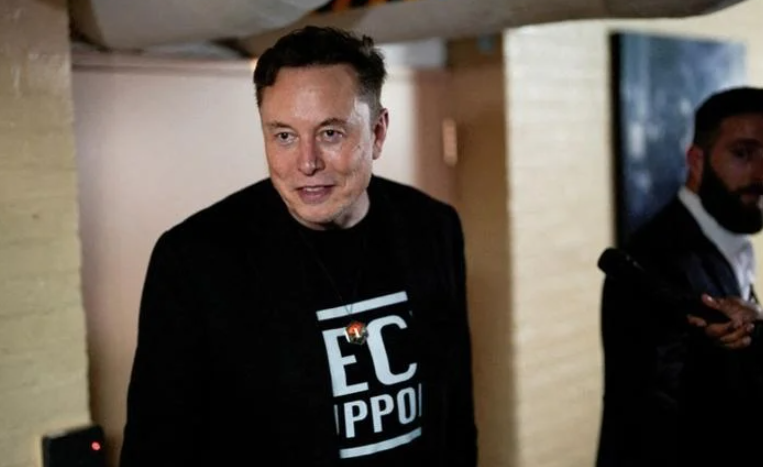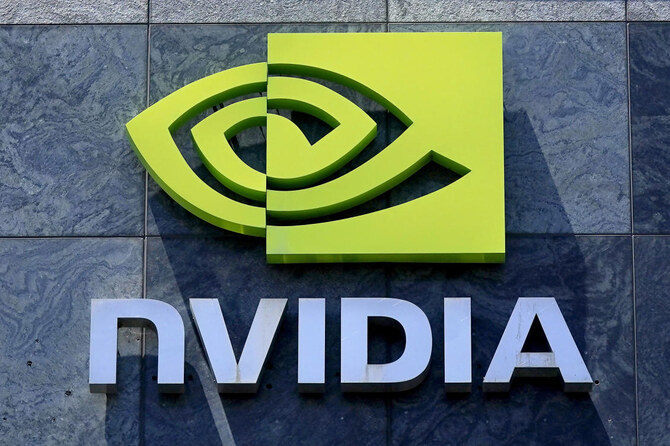WORLD NEWS

Officials from the Trump administration have disclosed that Elon Musk’s DOGE team of technologists is allegedly using artificial intelligence (AI) to surveil communications within U.S. federal agencies, including looking for language that may be critical of President Donald Trump or his agenda. According to sources with knowledge of the matter, the AI surveillance program is being deployed to identify expressions of disloyalty within the government workforce, which has already been impacted by large-scale firings and significant cost-cutting efforts.
AI in Action at the EPA
At the Environmental Protection Agency (EPA), reports indicate that Trump-appointed officials have informed agency managers that Musk's DOGE team is using AI to monitor communications across various platforms, including Microsoft Teams and the Signal app. The goal, as stated by the officials, is to detect any language deemed hostile to Trump or Musk. A source familiar with the matter revealed that EPA managers were warned to be cautious about their words, as communications not aligned with the administration’s mission could draw scrutiny.
This would be the second such surveillance effort tied to Musk's DOGE team, with earlier reports suggesting that AI was used to monitor communications for political alignment and to enforce loyalty to the administration.
While the EPA has acknowledged exploring AI to improve administrative efficiency, it has denied using AI to surveil its employees.
Concerns About Privacy and Ethics
The use of Signal—a privacy-focused app with disappearing messages—has raised alarms among cybersecurity experts and government ethicists. Some fear this could violate federal record-keeping laws, as federal communications should be archived for transparency. Kathleen Clark, an ethics expert, expressed concerns over the potential abuse of government power to suppress dissenting speech.
“Its use of Signal without backing up messages to federal files is unlawful,” Clark said, emphasizing the potential risks associated with this surveillance tactic.
Widespread Impact and Government Transparency Issues
DOGE’s unorthodox approach to government operations has sparked controversy. Interviews with several people familiar with DOGE’s activities reveal that Musk’s team is making significant changes to government infrastructure, bypassing traditional procedures for handling sensitive information. Some DOGE employees have even been reported to use Google Docs for collaborative work on government documents, potentially circumventing proper vetting and document storage protocols.
Legal Challenges and Transparency Concerns
DOGE’s lack of transparency has led to multiple legal challenges. A federal judge recently ordered the group to provide records to the Citizens for Responsibility and Ethics in Washington (CREW), an ethics watchdog. However, as of now, DOGE has failed to comply with the order, fueling growing concerns about secrecy and lack of accountability within the project.
As Musk’s DOGE team embeds itself deeper into government operations, questions persist about the ethical implications of their work. Critics worry that this AI surveillance could be used to further political interests or target opponents, undermining the principles of democracy and transparency in government.
Musk’s Vision for Government Efficiency
Musk has repeatedly described DOGE as a tech-driven initiative designed to streamline the U.S. federal government by eliminating waste, fraud, and inefficiency. His stated goal is to cut $1 trillion from the U.S. annual budget by trimming bureaucratic fat. However, some Democrats, as well as independent critics, argue that Musk and Trump are purging the government of non-partisan employees and replacing them with loyalists who will overlook corruption.
Some also fear that the use of AI could eventually lead to the automation of government functions, reducing the need for human workers and further shrinking the federal workforce.
Questions About the Future
As DOGE’s AI surveillance continues to raise ethical and legal concerns, experts are questioning whether such actions align with the principles of good governance and respect for privacy. It remains unclear whether the AI-powered surveillance program is a temporary measure or part of a long-term strategy to reshape the government through technology.
With Musk at the helm and the Trump administration backing his efforts, the future of the U.S. federal workforce may be defined by further technological integration, but it will likely come with increasing scrutiny and debate over its transparency and ethical implications.




